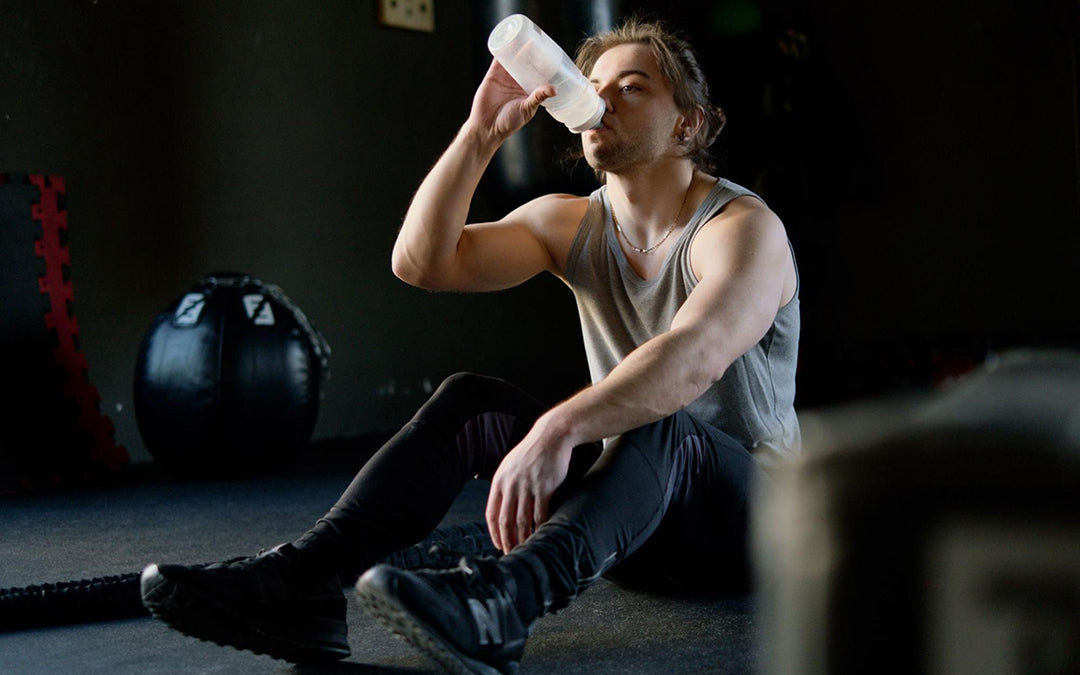In the pursuit of optimal physical fitness and athletic performance, we often focus on aspects like strength training, nutrition, and recovery techniques. However, one crucial factor that is frequently overlooked is muscle hydration. Adequate hydration plays a significant role in maximizing athletic performance, optimizing muscle function, and facilitating efficient recovery. In this blog, we will explore the importance of muscle hydration and how it can positively impact your fitness journey.
1. Enhanced Performance
Proper muscle hydration is essential for peak performance during physical activities. When muscles are well-hydrated, they function optimally, allowing for better strength, power, endurance, and overall athletic performance. Hydrated muscles are more resistant to fatigue, enabling you to push harder and longer during workouts or competitions.
2. Optimal Nutrient Delivery
Muscle hydration is closely linked to nutrient delivery. Water acts as a medium for transporting essential nutrients, such as electrolytes, glucose, and oxygen, to the muscles. These nutrients are vital for energy production, muscle contraction, and overall cellular function. Without adequate hydration, nutrient delivery to the muscles can be compromised, negatively impacting performance and recovery.
3. Maintenance of Electrolyte Balance
Electrolytes, including sodium, potassium, calcium, and magnesium, play a crucial role in muscle contraction, nerve function, and fluid balance. Proper muscle hydration helps maintain electrolyte balance, allowing muscles to contract efficiently and preventing issues like muscle cramps, spasms, and fatigue. Ensuring adequate hydration is particularly important during intense workouts or in hot and humid environments where electrolyte loss through sweat is increased.
4. Efficient Waste Removal
During exercise, muscles produce metabolic waste products, such as lactic acid and carbon dioxide. Adequate muscle hydration aids in efficient waste removal, preventing the accumulation of these byproducts, which can lead to muscle soreness, stiffness, and decreased performance. Good hydration supports the body's natural detoxification processes, helping you recover faster and maintain optimal muscle function.
5. Injury Prevention
Proper muscle hydration plays a role in injury prevention. When muscles are adequately hydrated, they maintain their elasticity and flexibility, reducing the risk of strains, pulls, and tears. Additionally, hydrated muscles are less prone to cramping and spasms, which can be debilitating during physical activities. By prioritizing hydration, you create a foundation for injury prevention and long-term athletic success.
Conclusion
In the pursuit of peak performance and overall fitness, muscle hydration should not be underestimated. By maintaining optimal hydration levels, you can enhance your athletic performance, support efficient nutrient delivery, maintain electrolyte balance, facilitate waste removal, and reduce the risk of injuries. Make hydration a priority in your training regimen, ensuring that you consume adequate fluids before, during, and after exercise. Remember, a well-hydrated body is a strong and resilient one.


